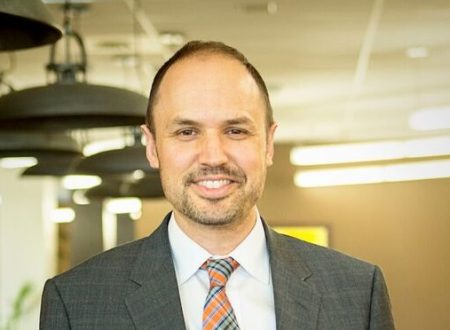On November 3rd 2016, the Government of Alberta (“GoA”) endorsed the Alberta Electricity System Operator’s (“AESO”) recommendation for a provincial Renewable Electricity Program (“REP”). With this announcement, Alberta is promising clear timelines and a structured bidding process to reach its commitment to have 30 per cent of Alberta’s electricity supplied by renewable energy by 2030.
The first phase of this plan will be launched at the beginning of 2017 with the goal of adding 400 MW of renewable fuel to the grid by 2019. As per the GoA official webpage, this competitive process will be open to all types of renewable fuels and will target projects with the lowest cost.
Since November 10, 2016 and until December 9, 2016, stakeholders have the opportunity to provide comments on the key provisions of the Renewable Electricity Support Agreement (“RESA”), the contract that will be signed between the electricity generator and the AESO. While this process only targets the commercial terms of the RESA, it offers the opportunity to provide the AESO with some recommendations and comments on aboriginal consultation and aboriginal participation.
OKT will be providing comments on the RESA. While we welcome steps to develop a large renewable energy economy in Alberta, strong and specific criteria encouraging partnership with indigenous communities has yet to be announced. Proceeding forward in its absence would be an enormous missed opportunity, overlooking the chance to put election commitments to implement UNDRIP in action. Indigenous participation in renewable energy projects has the potential to align with these commitments; we are therefore urging the Province to support its shift to renewable resources with a strong signal to developers that winning bids will include aboriginal participation.
We are specifically encouraging Alberta to explore the idea of adding rated criteria to the competitive process to encourage indigenous participation and partnership. Where the AESO adopts such a formula, a specific section in the RESA could address aboriginal partnerships.
Such partnerships have been adopted in other Canadian jurisdictions and have proven to be favourable to both communities and private developers, by providing certainty of stakeholder support and allowing indigenous groups participation in the energy sector in a manner typically aligned with traditional values. We have written about these successes here.
Alberta should also send a strong message to the industry about engaging early with host indigenous communities. This is a key factor for any project impacting the traditional territories of indigenous groups. Strong relationships will ensure success for all stakeholders and, maximize the long-term social acceptability and the socio-economic development of communities impacted by the projects.
Interested parties will have until December 9, 2016, to participate in the stakeholder engagement process. Please consult the AESO webpage for further details.
We will keep this blog updated with information on Alberta renewable energy procurement process which will offer unique economic development opportunities for First Nations in Alberta. If your community would like to learn further about opportunities in the renewable energy sector in your region or to participate in the stakeholder engagement process, please feel welcome to contact either of us with your questions (Julie-Anne Pariseau: jpariseau@oktlaw.com; Oliver MacLaren: omaclaren@oktlaw.com).
Related Posts

Cancellation of Renewable Energy Contracts Disproportionately Hits First Nations and Local Communities
The dust is beginning to settle on the Doug Ford Government’s July 5, 2018 order to cancel 758 renewable energy projects in Ontario. What is emerging…
Read More...
Cancellation of Renewable Energy Contracts Disproportionately Hits First Nations and Local Communities
The dust is beginning to settle on the Doug Ford Government’s July 5, 2018 order to cancel 758 renewable energy projects in Ontario. What is emerging…
Read More...
Taykwa Tagamou Nation and OPG partnership a success
OKT is pleased to congratulate Coral Rapids Power Corporation (“CRP”) and Taykwa Tagamou Nation (“TTN”) on the completion of the construction and commencement of commercial operation of the Peter…
Read More...

